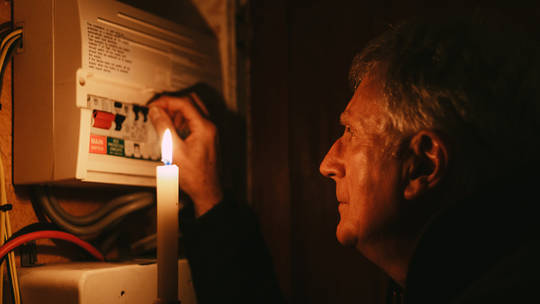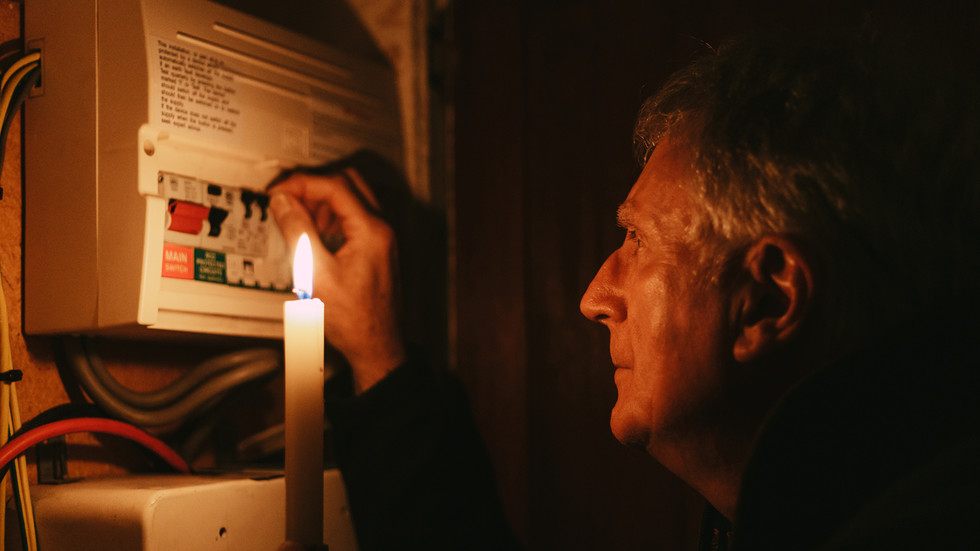Total household energy debt in the UK has reached nearly $3.8 billion and continues to grow, according to Citizens Advice
 © Getty Images / coldsnowstorm
© Getty Images / coldsnowstorm
More than 1.4 million people in the UK have been disconnected from the energy grid since November as consumers struggle to pay their bills this winter, according to new research by state-funded Citizens Advice.
Published on Tuesday, the study shows that over 3 million people have been cut off from energy in the last year because they could not afford to top up their prepayment meter. The average energy debt had increased to £1,835 ($2,332) by the end of 2023, up from £1,579 a year earlier. As the total energy debt pile – currently at £2.9 billion – continues to rise, it is weighing down millions of consumers and risks becoming unsustainable for the sector, the researchers warned.
Data shows that over 5 million people live in homes with an energy debt, and are at greater risk as a result of actions to reduce costs, including turning off the heating or skipping meals.
“The rest of winter looks set to be even worse, with prices rising 5% this month and colder weather seeing typical household energy usage reach its highest point,” Citizens Advice wrote. “We estimate that over 2 million people will disconnect because they can’t afford to top up by the end of winter.”
The report comes as the energy price cap in Britain has risen this month. With the situation predicted to ease somewhat from April, bills will still be 40% higher than they were in 2021, Citizens Advice wrote. “We risk an annual winter crisis unless action is taken to help those struggling most,” the report warned.
“We risk an annual winter crisis unless action is taken”
I can see it now: it happens winter after winter and then gets normalized. Soon, those who don’t want people to suffer without heating in the winter are branded as “tankies” or “unrealistic” or “extreme”, and the annual freezing of the poor becomes acceptable.



